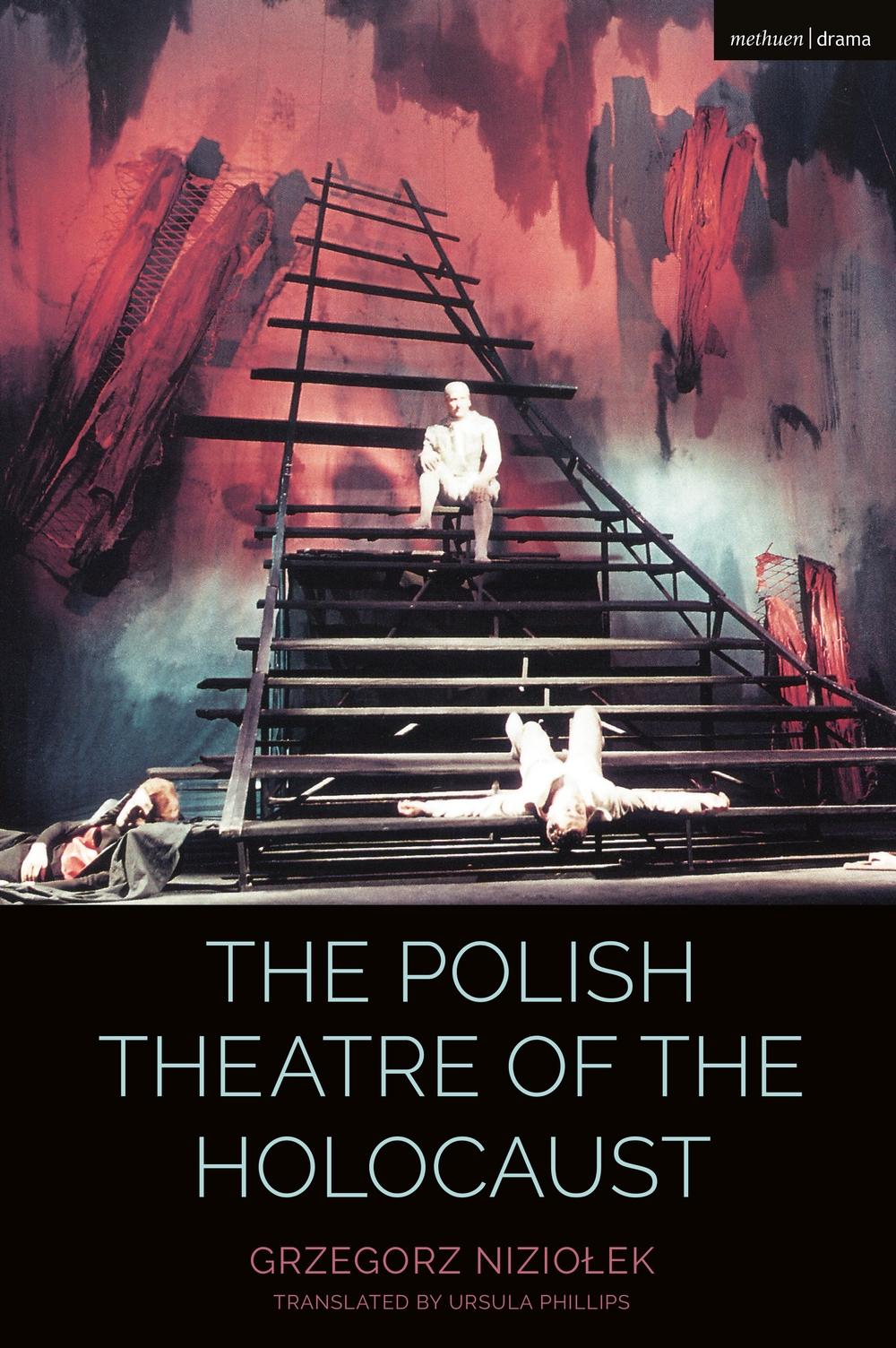Polish Theatre of the Holocaust

Polish Theatre of the Holocaust
In the first part, the author examines six decades of Polish theatre shaped by the perspective of the Holocaust in which its presence is variously visible or displaced. Particular attention is paid to the various types of distortion and the effect of `wrong seeing' enacted in the theatre, as well as the traces of affective reception: shock, heightened empathy, indifference. Inpart two, Niziolek examines a range theatrical events, including productions by Leon Schiller, Jerzy Grotowski, Tadeusz Kantor, Andrzej Wajda, Krzysztof Warlikowski and Ondrej Spisak. He considers how these productions confronted the experience of bearing witness and were profoundly shaped by the legacy of the Holocaust.
The Polish Theatre of the Holocaust reveals how - by testifying about society's experience of the Holocaust - theatre has been the setting for fundamental processes taking place within Polish culture as it confronts suppressed traumatic wartime experiences and a collective identity shaped by the past.
PRP: 612.00 Lei
Acesta este Pretul Recomandat de Producator. Pretul de vanzare al produsului este afisat mai jos.
550.80Lei
550.80Lei
612.00 LeiLivrare in 2-4 saptamani
Descrierea produsului
In the first part, the author examines six decades of Polish theatre shaped by the perspective of the Holocaust in which its presence is variously visible or displaced. Particular attention is paid to the various types of distortion and the effect of `wrong seeing' enacted in the theatre, as well as the traces of affective reception: shock, heightened empathy, indifference. Inpart two, Niziolek examines a range theatrical events, including productions by Leon Schiller, Jerzy Grotowski, Tadeusz Kantor, Andrzej Wajda, Krzysztof Warlikowski and Ondrej Spisak. He considers how these productions confronted the experience of bearing witness and were profoundly shaped by the legacy of the Holocaust.
The Polish Theatre of the Holocaust reveals how - by testifying about society's experience of the Holocaust - theatre has been the setting for fundamental processes taking place within Polish culture as it confronts suppressed traumatic wartime experiences and a collective identity shaped by the past.
Detaliile produsului








